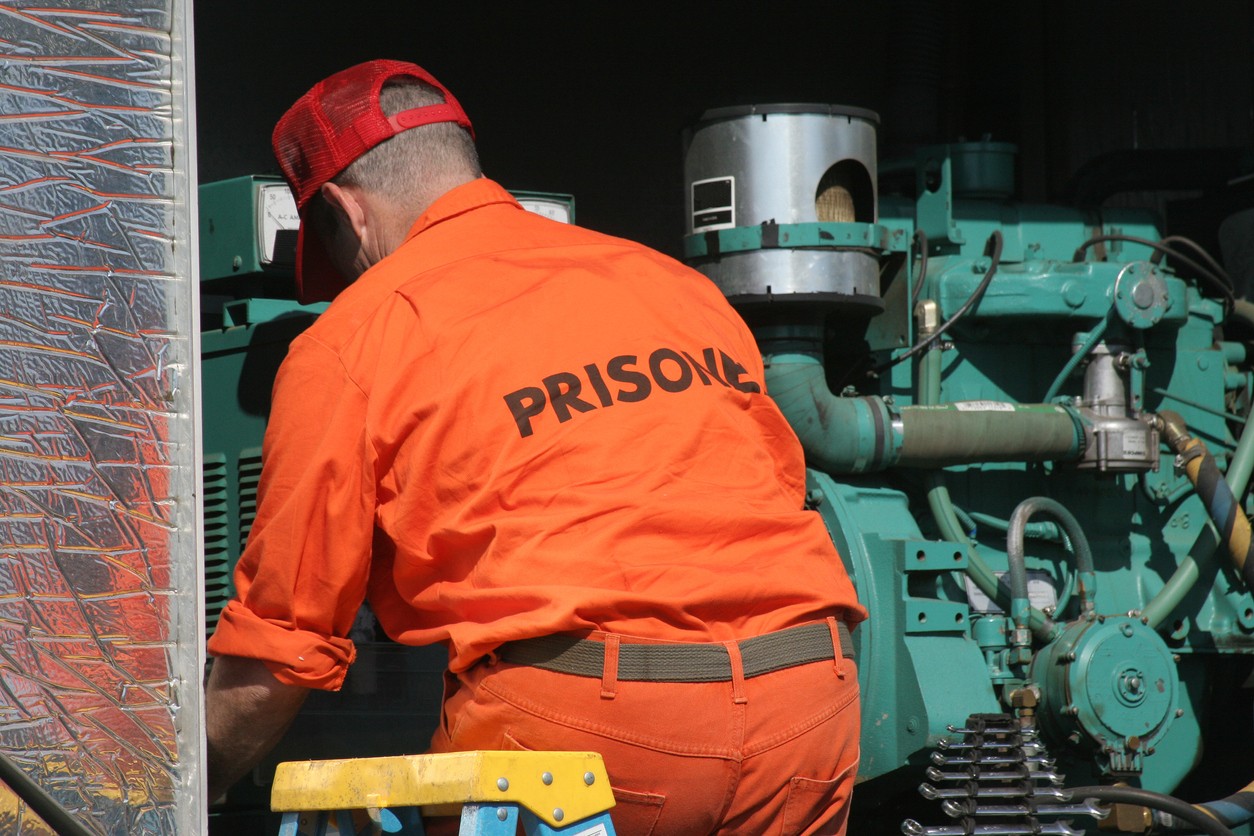
Tax Notes: The Case for Taxing Prison Labor
UC Law’s Stephanie McMahon weighs in on the history, benefits of taxing incarcerated workers.
At first glance, the idea of taxing a new group of people has a negative connotation. Who among us wants to be taxed? But paying taxes on income has its benefits; namely, it leads to access to the social safety net— for example, Social Security and Medicare later in life. One group of individuals who do not receive the benefit of taxation is incarcerated workers. Historically, prisoners have not been taxed under the payroll taxes for the work they do while incarcerated. Why is this so? What is the impact of this decision? What does it mean for prison workers and their families? And how, if at all, can it be rectified?
University of Cincinnati College of Law Professor Stephanie McMahon examined these questions for her article “Prison Work is Taxing and Should be Taxed”. McMahon had the opportunity to discuss why labor performed by incarcerated workers should be subject to tax in a recent episode of the podcast Tax Notes Talk.
The fundamental issue regarding the taxation of incarcerated workers is that they have been excluded by statute in all of the fundamental statutes, said McMahon. For example, there is a specific exclusion for inmate labor for unemployment insurance, Social Security, Medicare, and income tax benefits like the earned income tax credit. Second, there is the issue of different types of inmate labor—from uncompensated labor for prisons where there is a work requirement to private employers using inmate labor to produce goods. How would inmates be paid equitably and would that wage level entitle workers to benefits?
“There’s the two-prong problem. One, you need to get rid of the statutory exclusions, but two, we have to address the issue of the pay scale for inmate labor,” said McMahon.
During the podcast, McMahon and guest host Joseph Thorndike discussed the fact that over time the tax system has treated certain types of labor differently. Prison labor, for example, isn’t treated as traditional labor, though perhaps it should be. Politically, the tax system should learn the value of work to allow inmates to earn toward Social Security and Medicare. There is also the matter of developing a minimum wage scale for inmate labor so that their work reaches minimum thresholds.
In a class discussing the implications of our national tax policies, the “[law] students and I had long conversations about how concentrating on the[ir] tax treatment is not going to solve big societal issues with respect to mass incarceration or discriminatory policing,” said McMahon, “but it is a potential for solving one type of injustice in the system.”
Read Professor McMahon’s article “Prison Work is Taxing and Should be Taxed”; listen to the podcast “The Case for Taxing Prison Labor”; or read the transcript on the Tax Notes Opinions blog and on the Forbes Money Market blog.
Photo courtesy of istockphoto.com.
Related Stories
The debate over the death penalty
October 30, 2024
WVXU Cincinnati Edition host Lucy May Interviewers Pierce Reed, director of policy and engagement for the Ohio Innocence Project at UC Law as part of a discussion on the death penalty. UC Law will host a Nov. 1 roundtable on the topic featuring former Ohio death row inmate Lamont Hunter, his attorney Erin Gallagher Barnhart,an assistant federal public defender and Dr. Robert J. Norris, a criminologist at George Mason University.
Marcus Sapp says he’s finally free after wrongful murder charges...
September 8, 2024
Marcus Sapp, an Ohio Innocence Project exoneree, spoke with The Cincinnati Enquirer about his journey to freedom following a wrongful murder conviction. OIP at UC Law took his case and uncovered exculpatory evidence that should have been presented during his initial trial.
Voices of Injustice share stories of wrongful conviction on a...
October 15, 2024
Ohio Innocence Project at UC Law exonerees Michael Sutton, Laurese Glover, Ruel Sailor and Charles Jackson share a painful journey. The men helped formed the advocacy group Voices of Injustice for those wrongfully convicted. The group's performance, 'The Lynchings Among Us' was featured by public radio's WYSO in Yellow Springs, Ohio.
